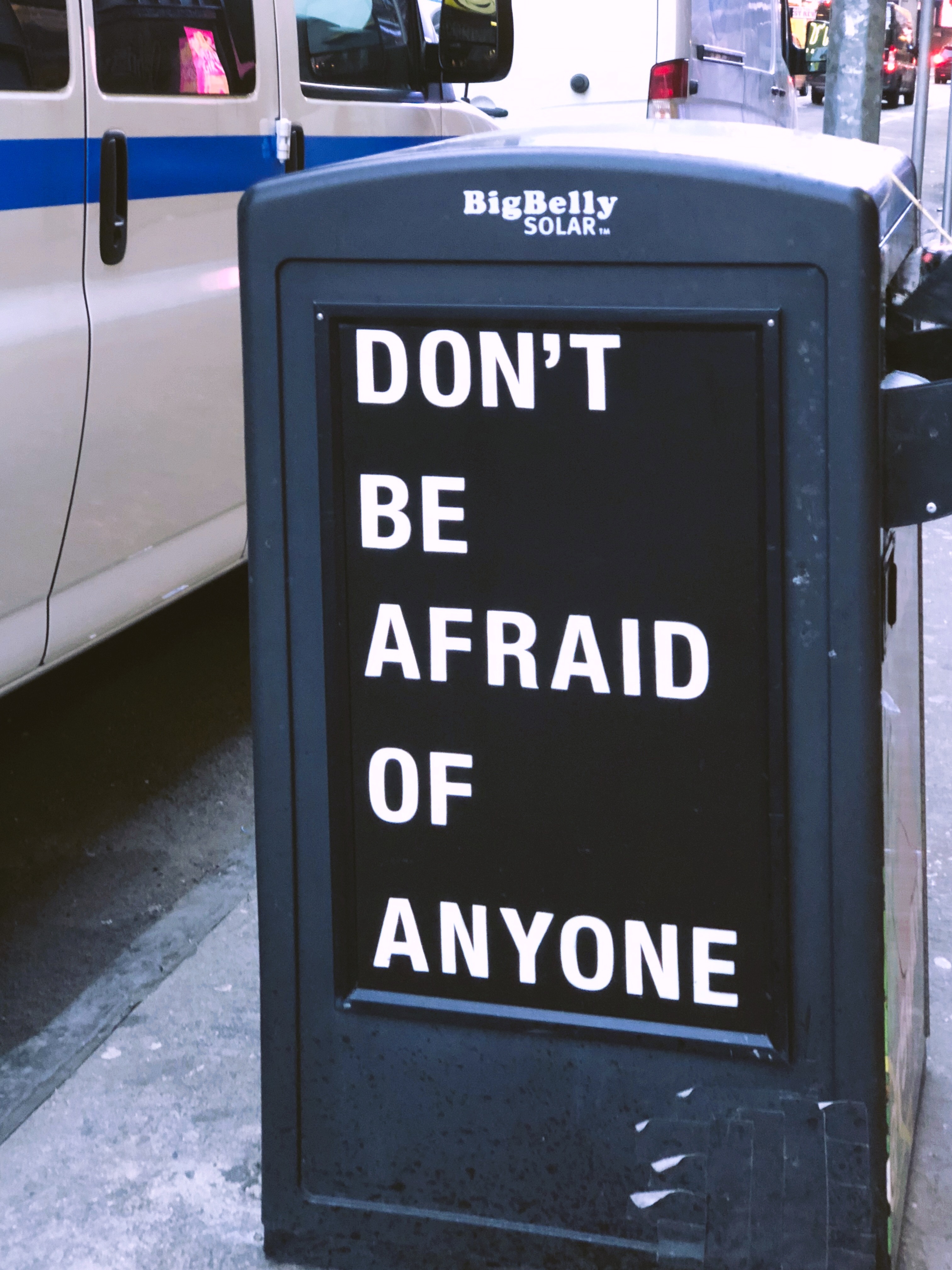I have never been hazed by a fraternity. Until now.
Living through the Supreme Court nominee’s hearings last week—ironically, the very same week that was National Hazing Prevention Week—I feel like I know what insidious, institutionalized abuse feels like at the hands of a fraternity of brothers.
After Dr. Christine Blasey Ford’s brave testimony, the nominee and a Greek chorus of outraged Republicans spoke.
Suddenly we were all college freshmen, being subjected to the self-righteousness and white male privilege of a brotherhood that felt they could twist facts, gaslight, and inflict hot-tempered emotional abuse as if it were their birth-right.
As a survivor of relationship abuse, I was triggered by the hearings. Like so many, I had flashbacks to being battered and feeling powerless to stop it. I could not watch all the news reports of the hearings and had to have information about what was going on filtered to me by the same close friend who stood by me right after my own abuse had occurred.
In the past year, I have used my own experience to write about male-on-male violence. I did not want to write my own story, but I felt it was important to speak up for male victims of violence at the hands of someone they knew and trusted. I wrote my musical The Pledge, with music by Zev Burrows, about a college freshman who pledges a fraternity and almost dies from alcohol poisoning when he is hazed.
The character has to make a choice: does he accept hush money from a wealthy alum of the fraternity, or does he stand up for himself and speak out about what happened.
◊♦◊
At least one young man dies every year as a result of hazing, and many more are injured—physically and emotionally. They don’t need an offer of hush money to stay silent (though this does happen)—the young men themselves choose not to reveal the shocking details of the abuse they have suffered.
One staff member of a Boston hospital told me she treats numerous victims of hazing who adamantly push back against her suggestion that they tell their stories. They feel that would be going against the sacred (I call it toxic) code of masculinity that exists at the very heart of fraternities. They are burdened by guilt and shame. And they are fearful of being ostracized by their “brothers,” and even disbelieved by college administrations that receive large donations from the alumni of the fraternities on campus.
Dr. Ford was a shining example of someone who overcame her fears to speak truth to power. By doing so, she became the voice for all of us who felt that the system was riding roughshod over the facts and using emotional manipulation to try to haze our entire country. Dr. Ford not only spoke up for herself, she spoke up for all survivors of sexual abuse—and physical violence. She also spoke up for all the men and women who are no longer able to speak for themselves.
The culture that allows hazing to breed and flourish is the same that encourages young men to disrespect and sexually brutalize women.
Kavanaugh’s own college fraternity, Delta Kappa Epsilon (DKE), literally had a banner stitched together from women’s underwear. Hazing of men and sexual abuse of women are two sides of the same filthy coin. Not all fraternities are misogynistic and violent. But all of them need to hold the ones that are to account.
It was inspiring to see Dr. Ford hold Judge Kavanaugh to account. She stood up to the boys’ club to help make them and our culture at large more woke. We are now all survivors of the hazing from the week that was. It’s time that we break the cycle of male entitlement in Congress and fraternities. If all of us who are survivors of trauma lift our voices, we can make a difference.
It’s time that we are heard.
◊♦◊


